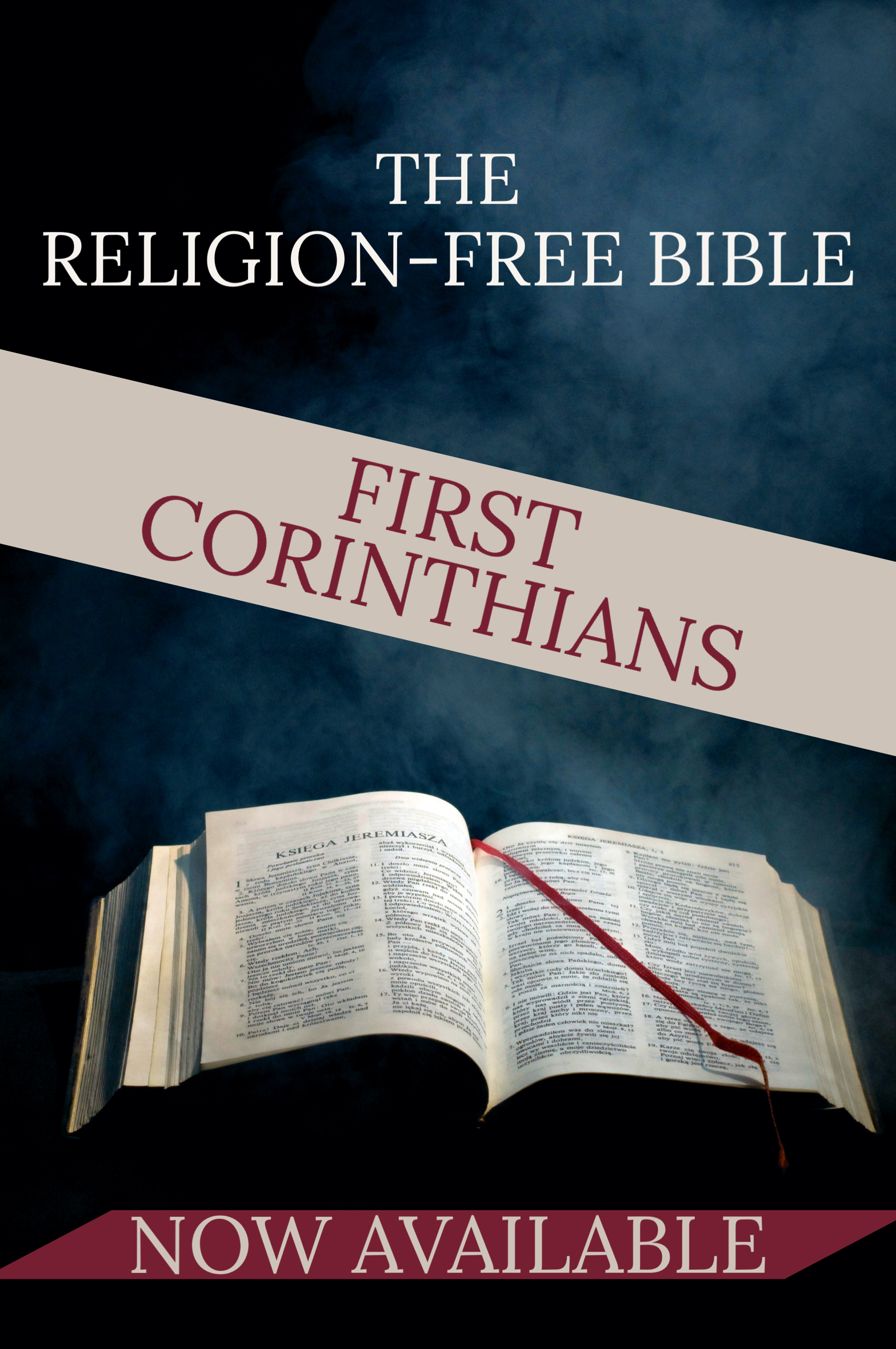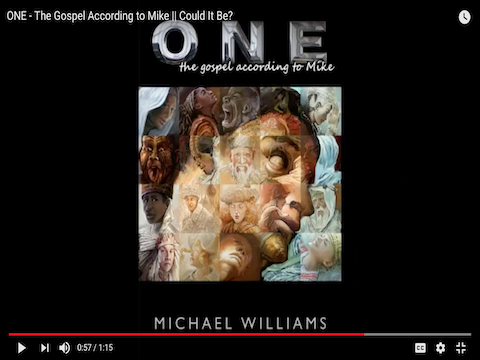RECENT POWERCASTS
W/ MICHAEL LILBORN WILLIAMS AND DANIEL THOMAS ROUSE
You Must Be Born Again
Everything, Everywhere, All At Once
The Tabernacle of the Sun
The Birthday of All Birthdays
RECENT ARTICLES
The Mirror Bible: A Deification of Adam and a Denunciation of Jesus Christ
François du Toit’s Mirror Bible is neither a translation nor even a paraphrase of the New Testament. Instead, it presents a deeply altered interpretation that distorts core gospel doctrines. This work redefines redemption, dismisses the necessity of Christ’s atoning sacrifice, and outright rejects the Hebrew Scriptures as irrelevant—yet paradoxically quotes them when convenient. While some
The Temple, the Cross, and Fulfillment of Scripture: Understanding the Transition from the Crucifixion to 70 A.D.
The tearing of the Temple veil at the moment of Jesus’ death marked a profound transition in human history. It signified the fulfillment of all Old Covenant prophecies, sacrificial requirements, and priestly functions in the death, burial, and resurrection of Christ. While the physical destruction of the Temple in 70 A.D. and the 40-day post-resurrection appearances of Jesus are historically significant,
The Perfect Convergence of Prophecy: How the Cross Fulfilled All Scripture
By Michael Lilborn Williams, Daniel Thomas Rouse, and William Ethan Massengill
GospelRevolution.com
The cross of Jesus Christ stands as the central event in human history. It is where the ultimate fulfillment of prophecy, law, and judgment converged into a single, unparalleled act of grace. While many have debated the significance of timelines and prophetic fulfillment, the Gospel Revolution brings
The Mystery of Earth’s Ancient Atmosphere: A Scientific and Historical Perspective
Scientists have established beyond any doubt that at some point in Earth’s history, atmospheric oxygen levels averaged between 30% and 35%—significantly higher than today’s 21%. This startling fact is supported by evidence such as air bubbles trapped in fossilized amber, which reliably preserve snapshots of ancient atmospheres. Additionally, the existence of giant prehistoric life forms, such
INVITE MIKE
Having Mike Williams come to your area to speak to your friends, family, or group is easier than you may think.
SUBSCRIBE
Stay up to date with our latest weekly news by signing up for our Online Newsletter.
DONATE
Support the Gospel Revolution.







